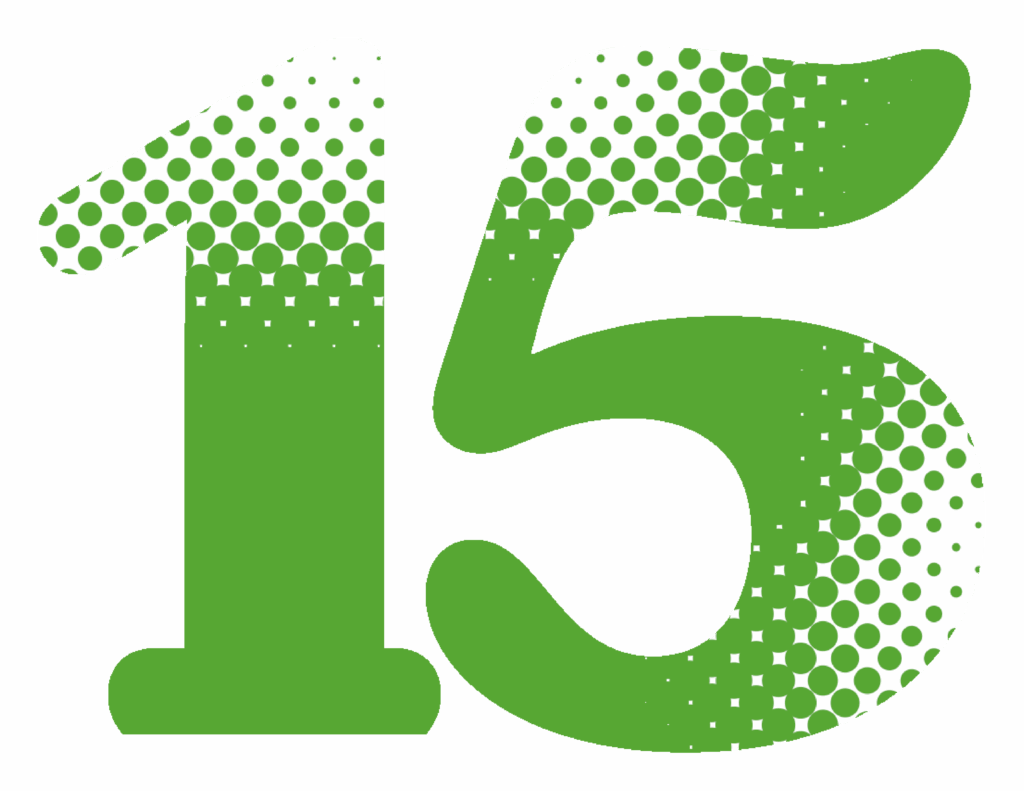In its annual report, the Exemplary Energy and Climate initiative (EEC) reveals the progress made by Swiss providers of publicly relevant services in the areas of energy and climate. In the reporting year 2024, these participants increased the share of renewable energies in their total energy consumption from 65% to 69%. By doing so, they are making an important contribution to the energy transition in Switzerland.
In total, the EEC participants’ final energy consumption in 2024 was around 6170 GWh, of which 4230 GWh (just under 69%) came from renewable sources. Fossil energies accounted for only 31% (35% in the previous year). Progress was made in particular in thermal energy (heating and waste heat recovery), and to a much lesser extent also in transport fuels. A large proportion of electricity already comes from renewable sources – 92% across all participants. The aim is to reach the 100% mark by 2026, but this remains a challenge due to the availability of renewable electricity.
Stagnating greenhouse gas emissions
There were only slight changes in greenhouse gas emissions in 2024: Scope 1 and 2 emissions fell by 13,000 tonnes (-3%) compared with the previous year. Trends vary greatly among the individual participants.
More self-generated solar power
By participating in the EEC, the participants have also pledged to install additional photovoltaic systems. In 2024, they produced a total of 61 GWh of solar power. This is equivalent to the average electricity consumption of a Swiss town with 10,000 to 12,000 inhabitants. They want to increase annual production to 100 GWh by 2026, and to 180 GWh by 2030.
Business travel most often by rail
In the year under review, participants continued to predominantly travel by train (54% of the kilometres travelled), 30% by plane and 16% by car for their business trips. In the case of business travel, the rates at which they used different modes of transport (modal split) depend heavily on the individual participants’ operational activities and therefore differ significantly from one participant to the next. Some participants succeeded in reducing air traffic in the reporting year with targeted incentives and new internal regulations.
In terms of commuter traffic, the share of bicycle and pedestrian traffic doubled in 2024 compared with 2021 to around 8%. In the same period, the share of rail and bus use increased from 53% to 57%.
In the report, the providers of publicly relevant services also disclose the extent to which they have implemented the 15 joint measures. They made the greatest progress in energy-efficient new buildings and in integrating existing IT operations into central, resource-saving data centres.
About the initiative
Under the Exemplary Energy and Climate (EEC) initiative, providers of publicly relevant services and institutional investors are contributing to the Energy Strategy 2050 and the 2015 Paris Agreement. The focus is on energy efficiency, renewable energies and climate-friendly financial flows.
The providers of publicly relevant services are pursuing individual targets by 2026 and 2030 for energy efficiency, green electricity production, renewable heating and cooling, and renewable transport fuels. The goal is for the proportion of electricity from renewable sources to be 100% for all these providers by no later than 2026. In order to reach these targets, the participants are implementing 15 joint measures and a number of individual measures.
The institutional investors are setting themselves targets for their investments in order to make the investments compatible with the Paris Agreement. Among other things, this involves the participating pension funds and insurance companies urging the companies in which they invest to act in a more climate-friendly way. They are also continuously reducing the greenhouse gas emissions of the directly held real estate in their portfolio.
The participants report transparently on their target achievement and share their experiences so that other companies and organisations can follow their example.
Source : Press release admin.ch
